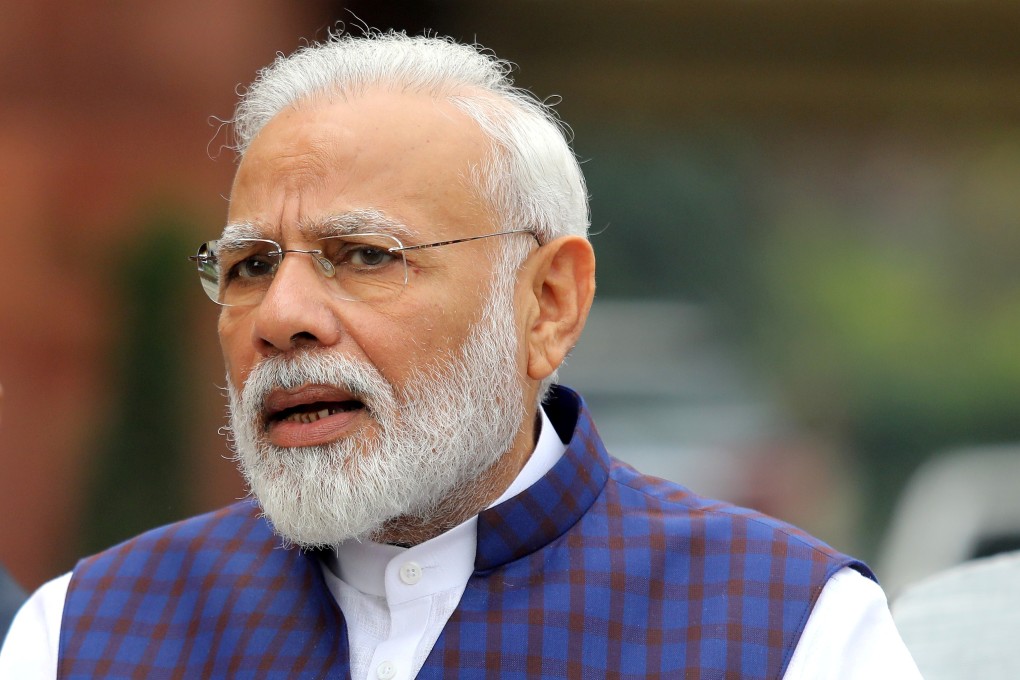Chinese tech company setbacks in India create opportunities for US firms, say experts
- Over the past five years Chinese tech investors have injected an estimated US$4 billion in Indian start-ups; the accumulated level in 2016 was under US$1 billion
- The fact that India’s policymakers became wary of Chinese tech and gravitated towards the US did not come as a surprise to some analysts

India’s pushback on Chinese tech since a deadly border clash and amid recriminations over the Covid-19 pandemic, has created opportunities for US firms to fill the void, according to analysts.
Following Google’s announcement last Monday that it would set up a US$10 billion fund to invest in India’s digital services over the next five to seven years, the company revealed its first deal two days later: a US$4.5 billion investment in telecom firm Jio Platforms. Google’s move came less than four months after Facebook said it was pumping US$5.7 billion into Jio Platforms.
Dev Lewis, a fellow at Hong Kong-based think tank Digital Asia Hub, said US firms are stepping in to fund Indian tech companies through equity investment, an approach more commonly associated with Chinese tech giants.
“Typically, companies like Google, Facebook would have their own operations in India in a big way but not necessarily going down the equity investment route. Chinese investors came in and they preferred to invest in Indian start-ups typically through equity investments,” Lewis said.